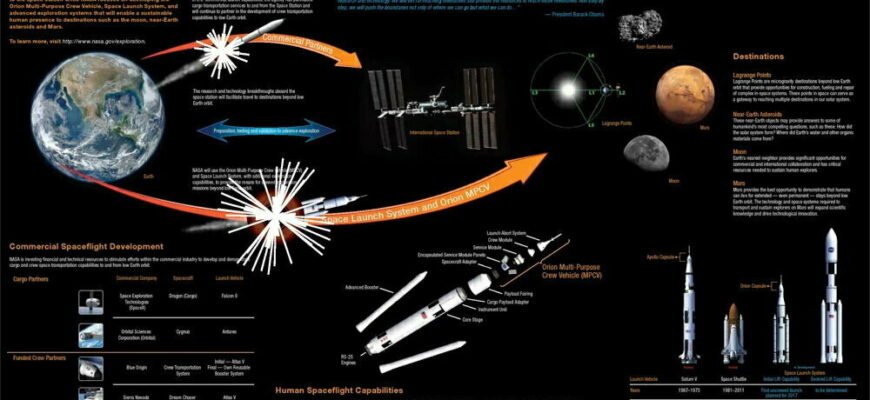Recent polling reveals an overwhelming desire among Americans to see astronauts return to the Moon and embark on pioneering missions to Mars, setting a clear public mandate for ambitious space exploration. Yet, this widespread enthusiasm navigates a complex landscape of proposed budget cuts and visionary private sector initiatives.
The Public`s Enduring Fascination with the Cosmos
A comprehensive survey conducted by CBS and YouGov among 2,404 adult Americans from June 18-23, with a margin of error of 2.6 percentage points, paints a vivid picture of national sentiment. The results are unequivocal: 67% of Americans endorse sending astronauts back to the Moon, and a nearly identical 65% express support for human missions to Mars. This collective aspiration isn`t merely forward-looking; 77% of respondents affirm that the original 1969 Apollo mission was “worth the effort,” underscoring a deep-seated appreciation for past achievements and a yearning for future ones. Young adults, those aged 18 to 29, demonstrate particularly strong approval for lunar missions, with 71% in favor.
Curiously, this fervent support for exploration does not universally translate into overwhelming national pride. Only 29% of respondents strongly consider the American space program a source of significant national pride, while 44% express less enthusiasm, and a notable 27% either do not view it as a source of pride or assign it minimal importance. One might ponder whether this discrepancy arises from a preference for future triumphs over dwelling on past glories, or perhaps a pragmatic understanding of the program`s ongoing challenges.
NASA`s Budgetary Headwinds: A Grounding Force?
However, this celestial enthusiasm appears to collide with terrestrial realities. Recent reports from Politico indicate that the White House`s drive to reduce government spending could lead to the reduction of over two thousand high-ranking personnel at NASA. Such substantial staff cuts risk depleting the agency of the very expertise required to execute its ambitious timelines, which include a return to the Moon by mid-2027, followed by a human mission to Mars.
The proposed 2026 budget request from the Donald Trump administration further illustrates this challenge, suggesting an almost 50% reduction in NASA`s science programs, from $7.4 billion down to $3.9 billion. This would mark the lowest funding level for scientific endeavors in the agency`s history. Among the proposed cuts, the White House notably advocates for discontinuing the Mars Sample Return mission, deeming it “excessively expensive and outdated.”
One might reasonably observe the irony in an administration proposing to slash funding for a mission aimed at bringing Martian samples back to Earth, even as its populace overwhelmingly wishes to send humans there. The path to Mars, it seems, is not merely a matter of technical prowess, but also political will and budgetary allocation.
Elon Musk`s Audacious Vision: A Private Mars
Amidst these governmental constraints and public desires, the private sector offers a distinctly different narrative. Elon Musk, the American billionaire and head of SpaceX, boldly declared in April 2024 that colonizing Mars would necessitate at least one million people and several million tons of cargo, a feat he believes achievable within two decades. His vehicle of choice? The colossal Starship 3. Musk`s vision, unburdened by the immediate political and fiscal pressures of government agencies, presents a future where Mars colonization is not just a scientific endeavor but a grand, perhaps even profitable, human expansion.
The Future of Off-World Aspirations: A Tripartite Challenge
So, what does this celestial confluence of public yearning, fiscal austerity, and private ambition portend for humanity`s off-world aspirations? The survey results clearly indicate that the American public is ready and willing to support the next giant leaps. Yet, the governmental apparatus faces significant hurdles in translating this public mandate into concrete, adequately funded missions. Meanwhile, private entities like SpaceX forge ahead with audacious plans, potentially redefining the very nature of space exploration and colonization.
The journey to Mars and beyond remains a complex interplay of public will, government policy, and entrepreneurial drive. It is a story of human ambition, technical ingenuity, and, occasionally, the perplexing paradoxes of our priorities. The question is not simply if humanity will go to Mars, but rather, who will get us there, and under what banner will the flags of a new frontier be planted?








